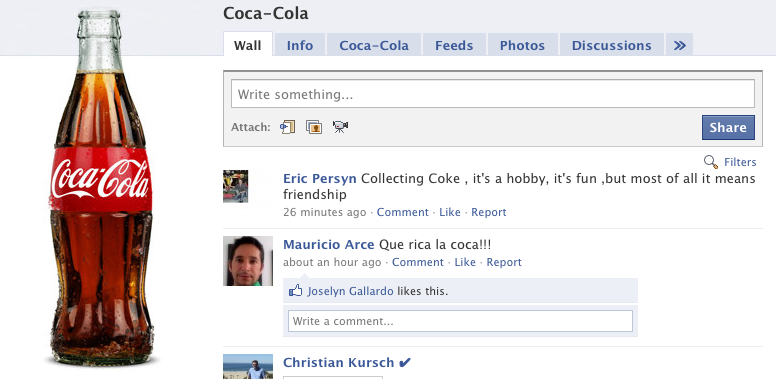
I’d like to continue the discussion that my coworker Sarah Fell began , about the role that social media can play in delivering bad press.
Sarah mentioned two PR disasters that occurred because of negative reviews on social media sites. In one, a manager at Honda failed to disclose his position when positively reviewing a Honda product and was called out by users. In the other, a YouTube video showed rats scampering around a New York Taco Bell.
Sarah is right in her conclusion that social media can be “a potentially risky and destructive tool.” But only if you have something to be afraid of.
In both of the disasters mentioned above, social media only exposed existing problems in the companies; it didn’t create them.
If the Honda manager had been transparent in his use of social media — making it clear that he was an employee of Honda, as bloggers are now required to do by the FTC — the social media community would not have responded in outrage when they discovered his true identity. In this case, the manager tried to manipulate a tool that he didn’t understand.
If Taco Bell had been more diligent in its efforts to keep franchises clean, they wouldn’t have had rats running around their stores in the first place. The person who posted the YouTube video didn’t libel the chain; he or she only spread the truth about it.
Any medium that can provide better and more accurate information about a company to consumers is a good thing. And it’s not just consumers who can benefit from it; companies can as well. Take, for example, Coca-Cola, who embraced its user-created Facebook page. Rather than shut down the page for copyright infringement, Coca-Cola purchased it, and left its creators in charge. What better way to make a statement that you are confident in your fan base?
At Pinnacle, we WANT people to post reviews on our Facebook page because we are confident about the quality of our service to promotional products buyers. If we were afraid of what our customers would say about us, wouldn’t that fear speak to deeper issues at our company? We would need to consider reorganizing and improving our customer service instead of trying to suppress the free flow of information about it.
Social media will always belong to your customers. Facebook has already taken steps to ensure that the site remains in the hands of people, not businesses. That means you are a guest on social media sites. So loosen the reins, because you don’t have control of them anyway. You need to be asking not how you can keep customers from controlling your online identity, but how you can make sure what they say about you is good.